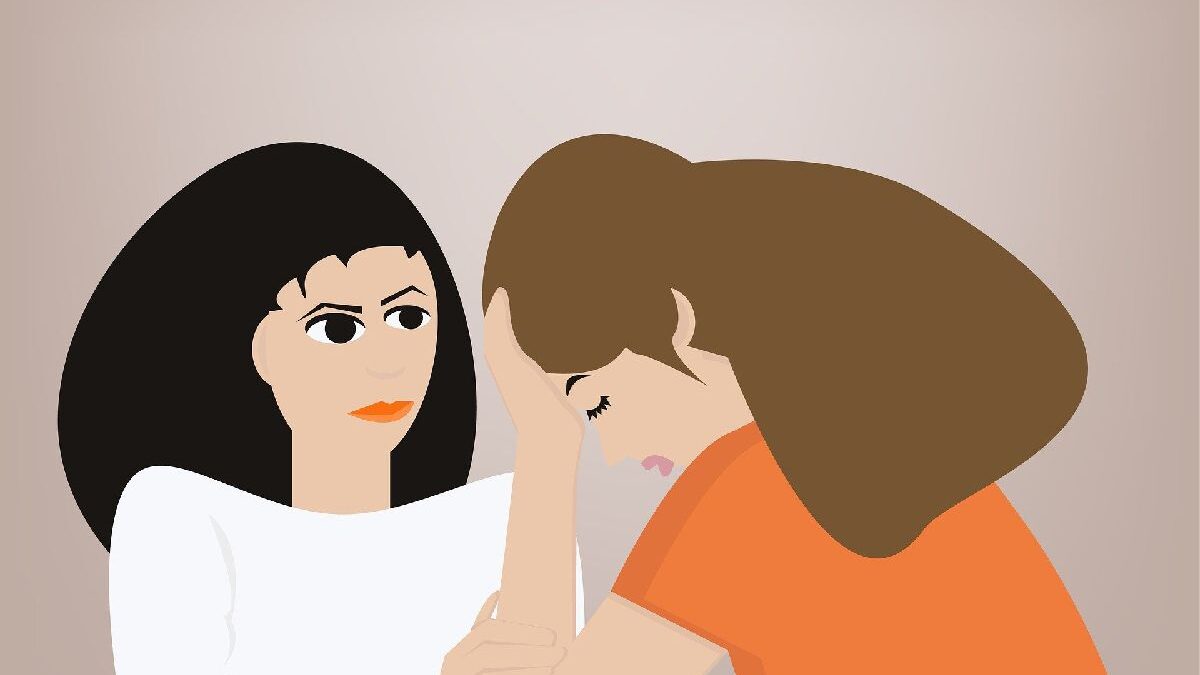
You may have been in a bad mood when someone asked you if it was because you woke on the wrong side. Have you ever asked someone that question? Did you know that the question has some basis in reality? Sleep can impact your mental and physical health.
Your body’s internal rhythm, also known as the circadian clock, is maintained by a consistent sleep schedule. Sleep affects your heart rate, blood-pressure, and other cardiovascular functions. Sleep also affects mental and emotional well-being and has been linked to conditions such as depression, anxiety, and bipolar disorder.
It’s crucial to maintain a regular and effective sleeping schedule, because there is a strong link between sleep quality and overall health. Here are some tips on how to create and maintain one.
Why is maintaining a sleep schedule important?
A regular sleep schedule can make it easier for you to fall asleep, as well as wake up. It also helps improve the quality of your rest. Consistent sleep patterns are linked to a healthier body and lowered risk of heart disease. They also lead to improved sleep and can help improve learning, decision-making, immune function and performance.
In contrast, a lack of or poor-quality sleep can inhibit the release of human growth hormones (HGH), a hormone that helps to build lean muscles and burn fat. It can also lead to a slower metabolism and weight gain. In addition to the negative effects on physical and mental health, poor sleep can also make it difficult to perform simple tasks.
How does sleep affect mental health?
REM sleep helps the brain process emotional information. During sleep, both the body and the brain work together to consolidate positive emotional content. This can affect your mood and emotional reaction to various situations.
Sleeping is difficult for many people with mental disorders. Lack of sleep may also contribute to mental health issues. Poor sleep can affect your ability to deal with stress, even if it is relatively small. We can feel anxious and depressed when we are tired.
Tips for Developing a Better Schedule of Sleep
A sleep schedule is just when you wake up and go to bed each day. Consistent sleep, even at weekends, is important for your mental and brain health. You can create a healthy sleeping schedule if you don’t have one already.
1. Healthy sleep environments
If necessary, use blackout or light blocking curtains to ensure that the room is completely dark. Experts say that the best temperature to sleep at is between 60 and 67 degrees Fahrenheit. Set your thermostat lower during sleeping hours. Use a fan or white noise machine to drown out loud or quiet noises.
Turn off all devices that could interfere with sleep. This includes computers, televisions and mobile phones.
2. Maintain the same bedtime routine
Create a schedule for yourself. For example, at a specific time, you will put on your pajamas, wash your face and brush your teeth. Then, after 30 minutes of reading, go to bed. Set aside a specific time to “lights out” and stop doing anything. Avoid late afternoon naps as they can make it difficult to fall asleep when you set your alarm.
3. Only use your bed for sleeping
Reading, watching television, playing games or doing other things in bed can confuse your brain so that it does not realize it is time to go to bed and can keep you from falling asleep.
4. Switch off electronic devices at least two to three hours before bedtime
The same goes for TVs, computers, phones and other electronic devices. Electronics emitting blue light can disrupt your body’s clock, making it harder to fall asleep.
5. Avoid alcohol, caffeine and heavy meals just before bedtime
All of these can affect your ability to fall asleep and stay asleep. Avoid caffeine at least six hours prior to bedtime and heavy meals or alcohol at least two-three hours before.
6. Avoid exercising right before bed
This can make you feel energized and it may be harder to fall asleep.
7. Create a daily routine of relaxing activities
Relax by reading, listening to music, doing gentle yoga, stretching, deep breathing, reflections, or similar activities.
If your sleep is still a problem,or your mental health has been affected by it, you should consult a psychiatrist. They can help you determine the cause and create strategies to improve your mental and sleep health.













